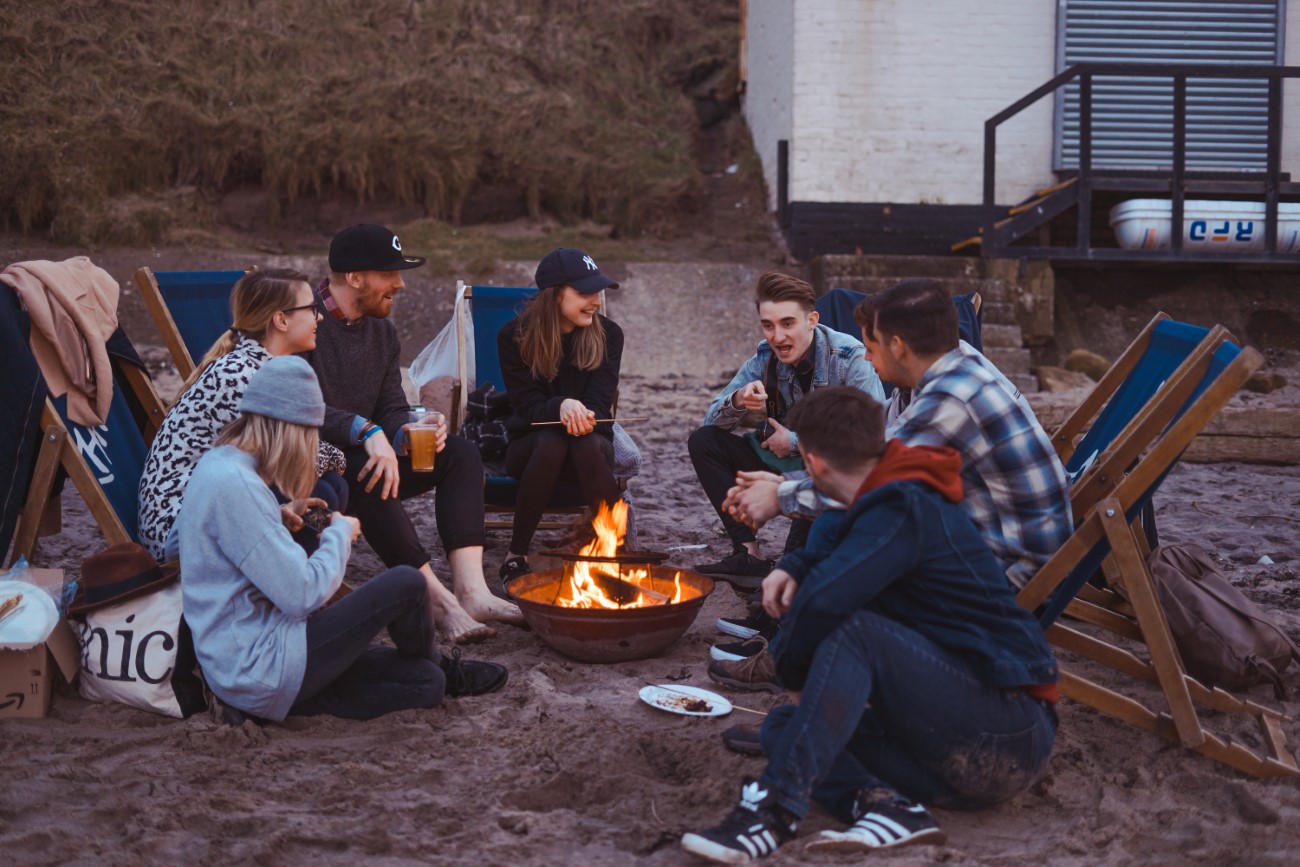Before you head out to the beach to go beach camping, there are some things you need to know. There are rules and regulations to follow. Also, you’ll need to bring certain equipment. It’s important to be aware of any cancellation fees before making a reservation. In addition, you’ll want to know where you’re going to camp.
Leave no trace principles
Following the Leave No Trace principles for beach camping can reduce the amount of trash you generate and minimize the effect on the environment. When possible, pack out all of your trash before leaving a campsite. You can purchase eco-sensitive camping gear and products to minimize your impact on the environment. If you do not have a tent, make sure to bring a trash bag with you.
Many people believe that leaving no trace is difficult, but the actual principles are actually quite simple. You can start by visiting REI Coop, which is a popular outdoor cooperative and has extensive resources for outdoor enthusiasts. Another resource that is worth following is the Leave No Trace Dude, an outdoor lifestyle blog that offers tips and recommendations for maximizing your time in nature. His Outdoor Dudes series offers an overview of the Leave No Trace principles and provides helpful tips on how to apply them while camping.
Places to camp
When it comes to camping on the beach, you can find a variety of different options in your area. Some beaches are open to RVs, while others allow only tents. Check the regulations before heading to a beach. Tent camping is the most basic option and is a great choice if you want to camp in a remote location.
There are also several reservable campsites in the Channel Islands, which are a chain of islands off the coast of California. The campsites here come equipped with potable water and electric hookups. Most sites have a view of the ocean, and most have picnic tables and fire pits. There is also access to outside showers and Porta-Potties if you decide to use the facilities.
Rules to follow
When camping on the beach, there are several rules to follow to ensure your safety. First, you should be aware of tidal changes. Also, you should be aware of how to maneuver your vehicle in the sand. Finally, you should be considerate of wildlife. Do not disturb migrating sea turtles or stray pets and do not disturb eggs or nests.
It may be tempting to play your favorite music, but keep it low. Noise pollution can disturb other campers. Using a portable propane fire pit can be a good alternative to a loud fire. It is safer, produces less smoke, and won’t fly around your campsite.
Equipment to bring
When it comes to beach camping, you need to bring along some essential equipment. For starters, you should have a 4WD vehicle or at least an all-wheel drive. You’ll also need to check your car’s filters and oil, as well as the battery power. It would also be helpful to bring jumper cables and a couple of mates to help you out in case of car troubles.
Towels are important as well, and preferably quick-drying ones. These will also take up less space in your backpack. Sunglasses and a sun hat are also a must-have. Another piece of equipment you’ll need is a backpacker’s stove, which is perfect for making one-pot meals. Cookware is another essential item, including a plate and cutlery set. A large pot and lid can also be useful for cooking.
Where to go
Beach camping is an excellent way to experience a relaxing vacation in the outdoors. This is a great alternative to expensive hotel rooms, and it allows you to be closer to the beach. However, there are a few things to keep in mind before you go beach camping. For one thing, check if you need a permit before setting up your tent. Also, be sure to choose a spot carefully, as many beaches do not allow camping on dunes. Another risk is that you could encounter ticks and animals.
In the US, you can choose from a number of beach camping options. You can choose to camp in an RV or a tent, or you can even rent a beachfront cabin. While you’re there, make sure you take time to explore the surrounding area. Hiking trails, canoeing on nearby waterways, and wildlife viewing are all good ways to make the most of your beach camping vacation.
